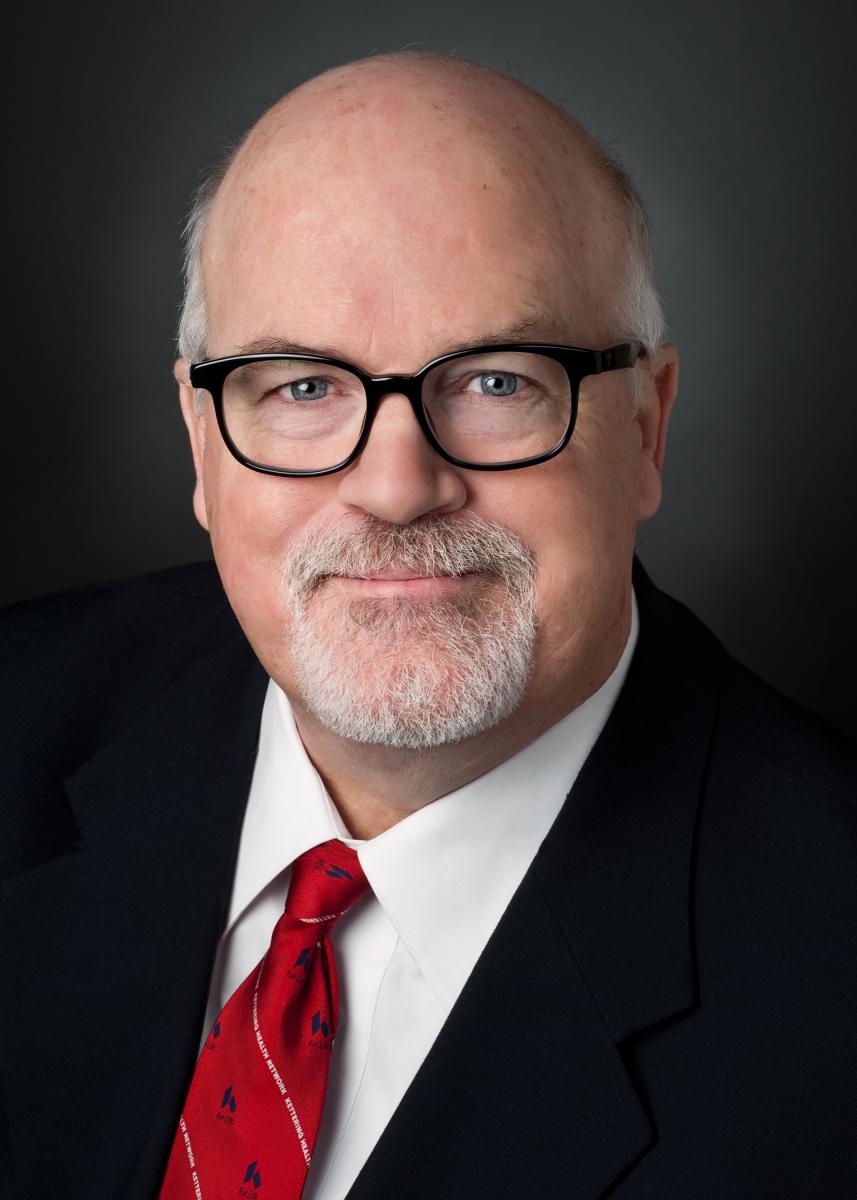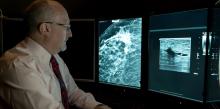Story by V. Michelle Bernard
Depression, like most mental illnesses, lies on a spectrum,” says Kirk Chung, M.D., medical director of Kettering Adventist HealthCare’s Behavioral Medicine Center in Dayton, Ohio. “Everyone feels down from time to time. Depression, as an illness, is defined by the intensity of its symptoms and duration.”
He adds, major depression is diagnosed by a person suffering with at least five of the following symptoms for a two-week period or longer:




 Bonnie Franckowiak, professor and coordinator of the Master of Science Nursing Program at Washington Adventist University in Takoma Park, Md., says, “The use of opioids in this country is staggering. It’s huge, and it’s growing all the time; we don’t seem to have a handle on it at all,” she says. “In 2012, 259 million prescriptions were written for opioids, which is enough to give every American adult their own pill box.”
Bonnie Franckowiak, professor and coordinator of the Master of Science Nursing Program at Washington Adventist University in Takoma Park, Md., says, “The use of opioids in this country is staggering. It’s huge, and it’s growing all the time; we don’t seem to have a handle on it at all,” she says. “In 2012, 259 million prescriptions were written for opioids, which is enough to give every American adult their own pill box.”
 Story by Elizabeth Long
Story by Elizabeth Long